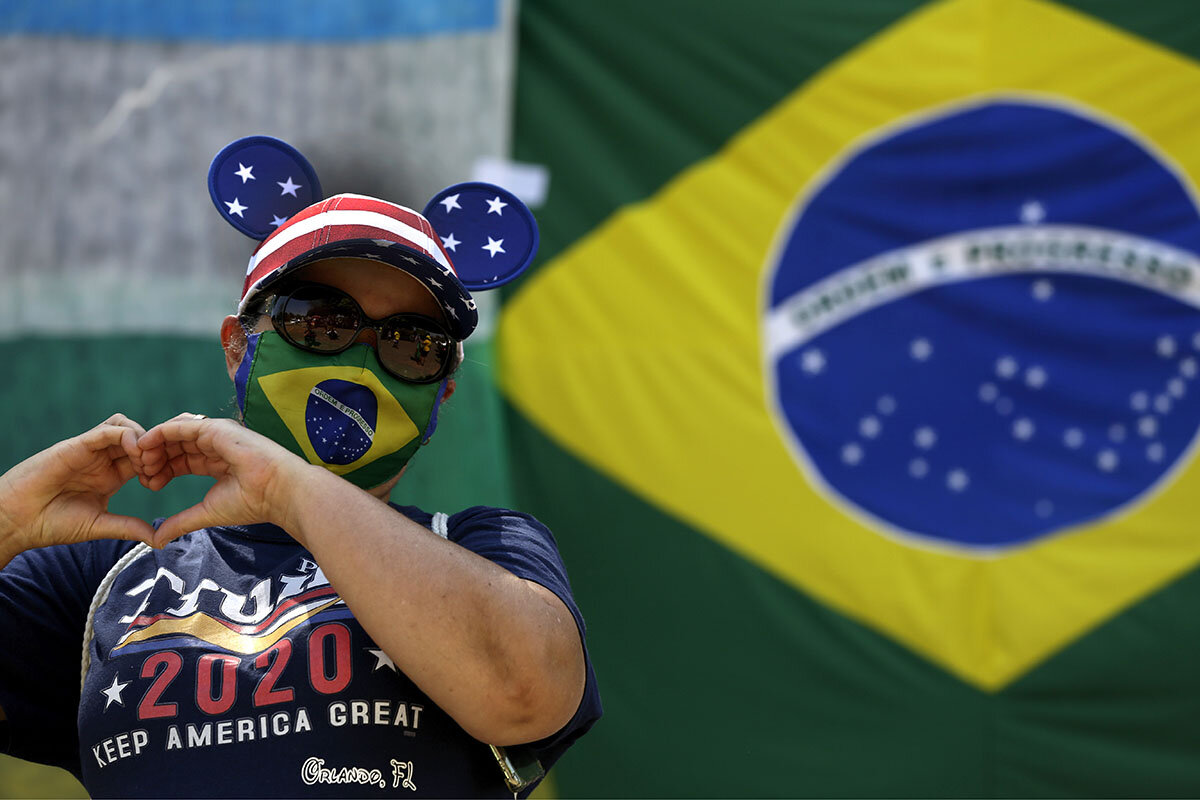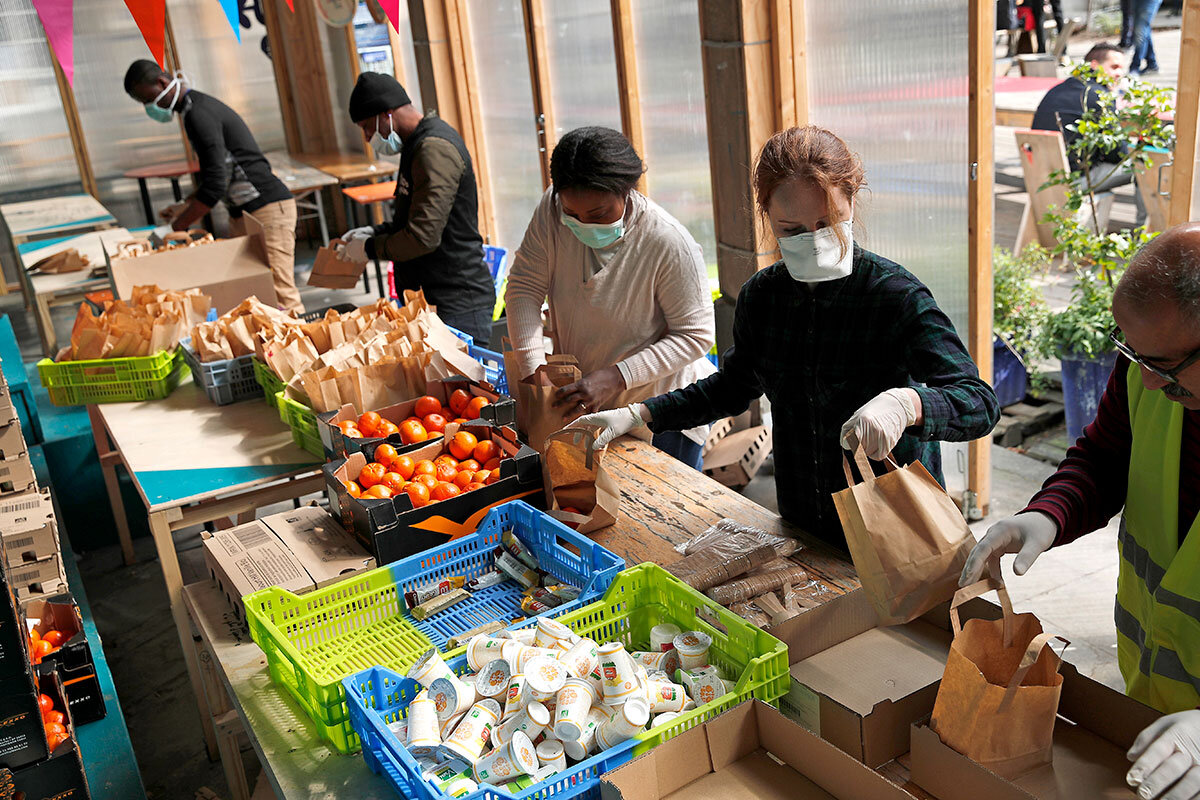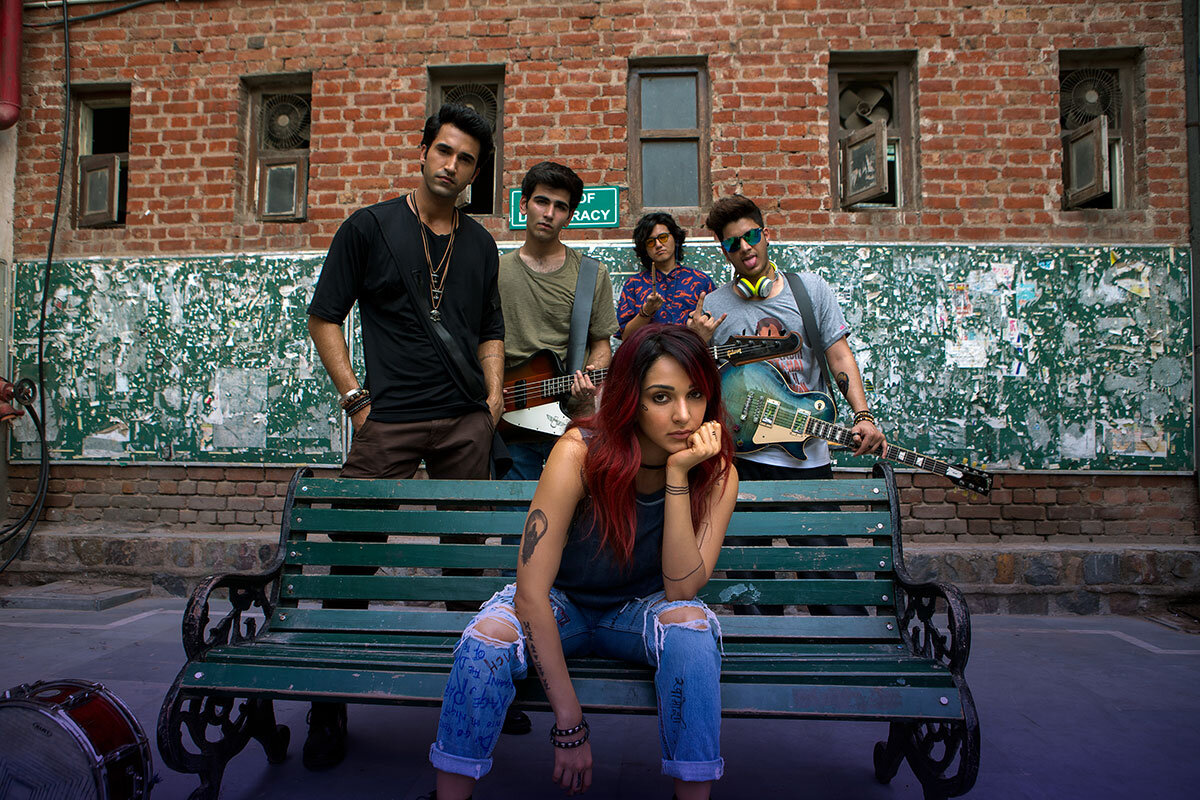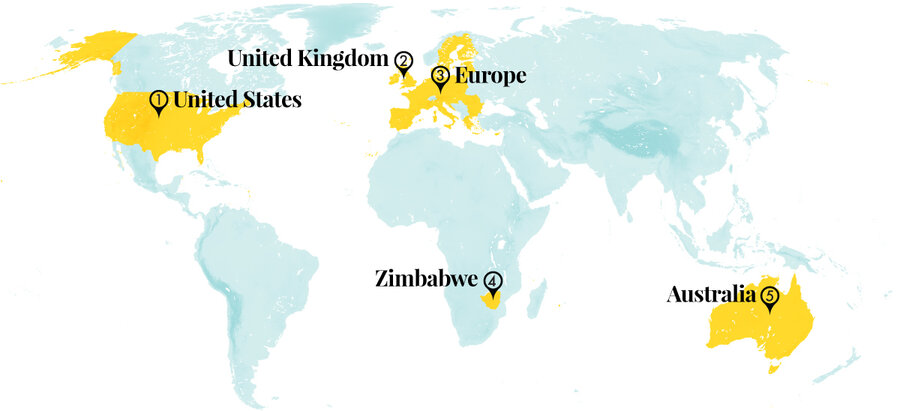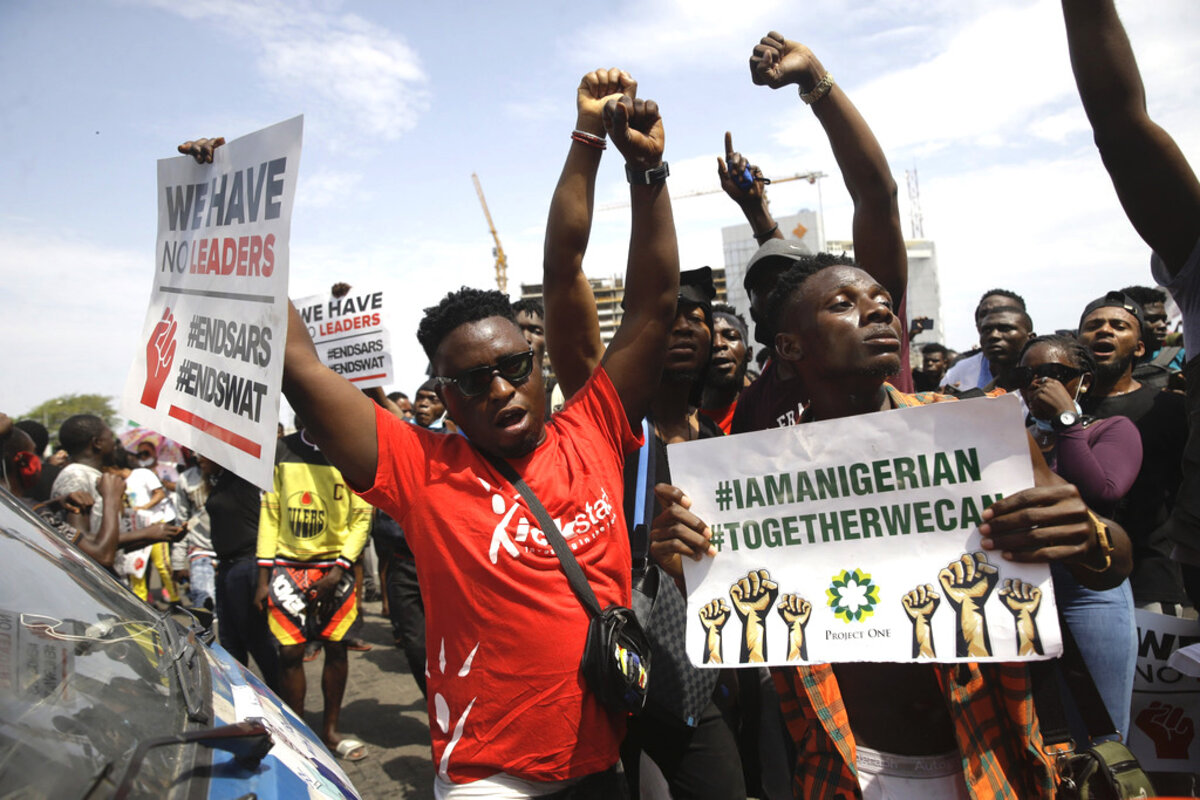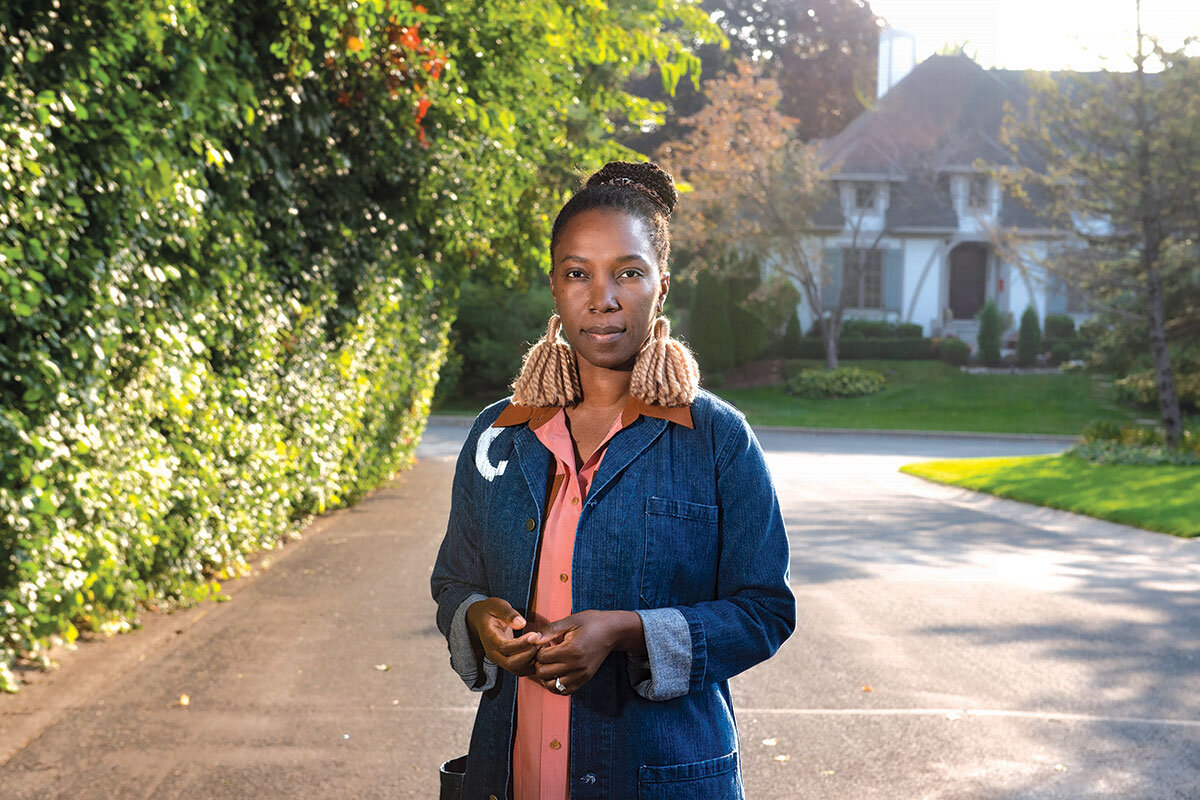Transactional diplomacy. America First. Autocrats have adjusted to the terms of President Trump’s foreign policy. Our writers explore what might happen if a President Biden tries to revive U.S.-led multilateralism.
Monitor Daily Podcast
- Follow us:
- Apple Podcasts
- Spotify
- RSS Feed
- Download
 Linda Feldmann
Linda Feldmann
Here’s a pro tip for young aspiring reporters: When interviewing a politician, your most useful responses often come in the follow-up questions and real-time fact-checking.
That was the upshot from dueling town halls last night with President Donald Trump and his Democratic opponent, former Vice President Joe Biden. NBC’s Savannah Guthrie, in particular, stood out for her brisk questioning of President Trump, including on his practice of retweeting conspiracy theories to his 87 million followers.
He said he was just putting the information “out there,” as a way to bypass the “fake” media. Otherwise, he said, “I wouldn’t be able to get the word out.” Ms. Guthrie responded, speaking of an untrue story he had amplified: “The word is false.”
Mr. Biden’s town hall was more staid, but ABC’s George Stephanopoulos pressed hard on whether, as president, he would expand the size of the Supreme Court – a fraught topic. Mr. Biden said he would announce his position before Election Day if Judge Amy Coney Barrett is confirmed to the high court by then, which appears likely. That was news.
Last night was supposed to be a joint town hall debate between Mr. Trump and Mr. Biden, but the debate commission canceled it after Mr. Trump was diagnosed with COVID-19 and he rejected making it a virtual event. The result, dueling town halls on competing networks, made for frustrating split-screen viewing. But such is the state of American democracy – messy but at times enlightening.




